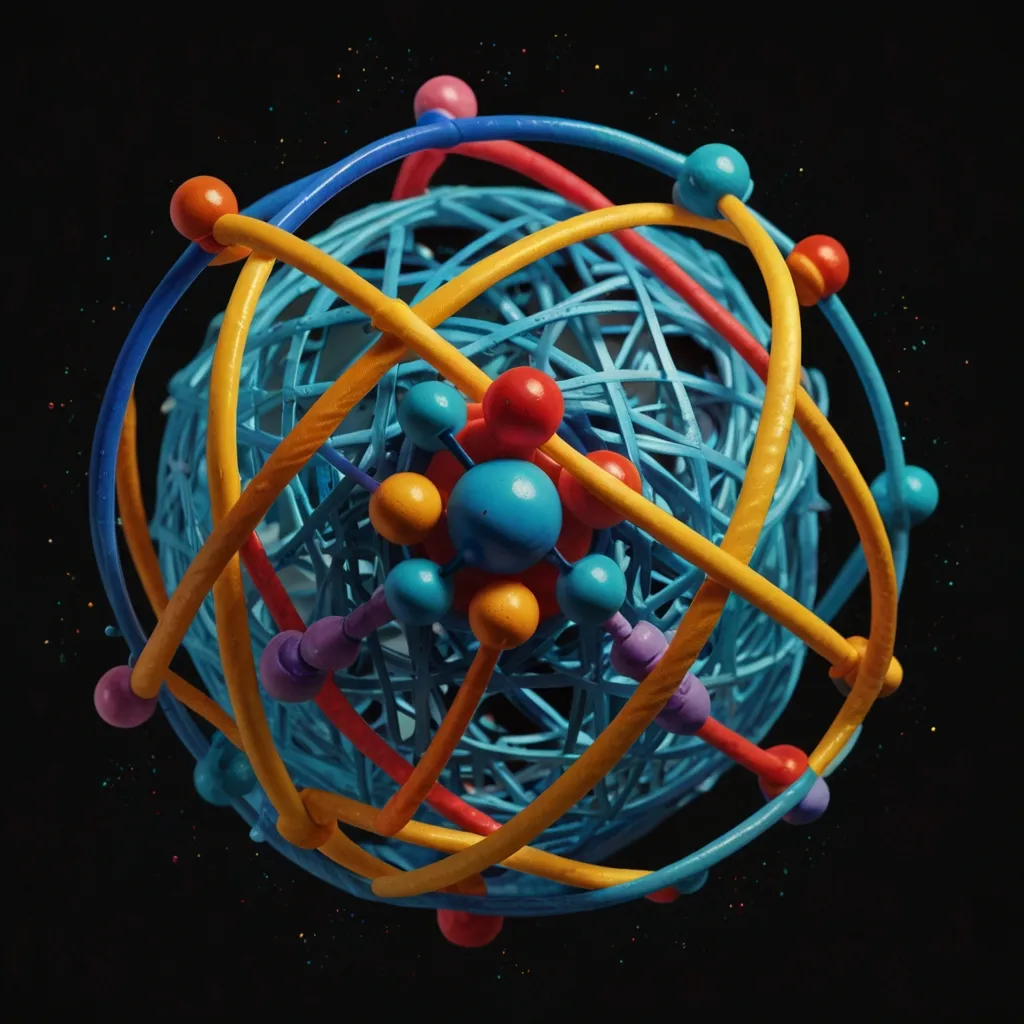Think about your home appliances—the toaster, the fridge, the washing machine, and the lamps. These devices are usually just utilitarian tools with simple on/off switches. But imagine if they had a bit of a brain, perhaps as smart as a dog or even a human toddler. And what if they could talk to you? This isn’t science fiction; it’s something that’s slowly becoming our reality.
The concept behind all this is known as the Internet of Things, or IoT. It involves connecting various electronic devices—or even physical objects equipped with processors—to the internet. This vast network of connected devices would communicate wirelessly, have their data stored in the cloud, and interact with each other and with us. By 2028, it’s estimated that 100 billion devices will be connected. The proliferation of these devices is driven by cheaper processors, advanced wireless technology, and the massive expansion of cloud storage offered by companies like Microsoft, Google, and Amazon.
So, why would we want these devices to be connected and intelligent? You might already have a taste of this with existing technologies. For instance, some dishwashers can detect how dirty your dishes are and adjust their washing intensity accordingly. There are fridges that can notify you when you’re out of milk. However, these innovations are just the tip of the iceberg.
Imagine your printer recognizing from your usage patterns that you’ll be out of ink soon and ordering more for you. Or your washing machine keeping track of your laundry cycles and reminding you to do a wash. Your home security system could alert your thermostat to lower the temperature when no one’s home, saving energy and money. Even better, your car’s navigation system could notify your thermostat to start warming up the house when you’re nearing home.
These scenarios are barely scratching the surface of IoT’s potential. Just like we couldn’t fathom the idea of apps and social media before the iPhone, it’s hard to predict all the future possibilities. Industrial applications may see even greater impacts. For instance, jet engines with sensors could detect cracks or failures before they happen, alerting pilots and maintenance crews in advance. Power plants could use sensors to monitor equipment and prevent failures, avoiding costly downtimes and potentially saving lives.
However, it’s not all rosy. The interconnected nature of these devices could make them susceptible to cyberattacks. For example, a malicious virus could spread from one compromised device to others within the network, wreaking havoc. Privacy is another significant concern. Connected devices might know intimate details about your lifestyle, from your eating habits to your TV-watching preferences, which could be vulnerable to hacking or unauthorized surveillance.
Every groundbreaking technology brings its share of benefits and challenges. The question always is whether the good outweighs the bad. History tells us that society often embraces new technologies despite initial resistance because these innovations tend to make life more convenient. But convenience doesn’t always equate to happiness or societal well-being. As IoT continues to grow, it will be essential for us to weigh these benefits against potential drawbacks carefully.
In the end, it’s up to us to navigate this new world thoughtfully, ensuring that advanced technologies enhance our lives without compromising our privacy or security.






